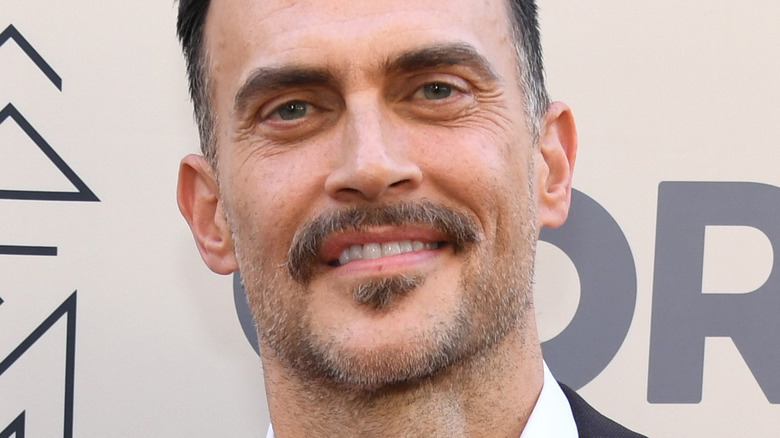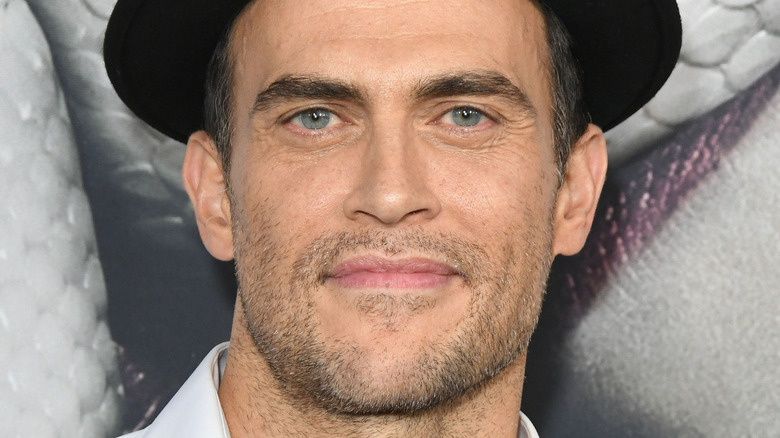Cheyenne Jackson From Call Me Kat Doesn't Judge His Work
Self-criticism can be crippling. According to an article in Good Therapy, self-criticism can become damaging when it becomes unconstructive, such as telling oneself, "I can't do anything right" or "I'm not good enough." Since those self-critical statements are not about obtainable goals, they can affect one's self-esteem.
According to Golan Shahar, Ph.D., writing for Psychology Today, excessive self-criticism can lead to some physical and psychological issues, including depression, anxiety, and even suicide. What's even worse is that depression can lead to further self-criticism, creating a destructive cycle. "Moreover, research worldwide provides a compelling answer as to why self-criticism leads to mental and physical disorders," Shahar explained. "The answer: Self-criticism derails people's social environments. It propels people to generate interpersonal stress (e.g., be involved in quarrels and beget rejections), and it interferes with people's ability to experience positive, enjoyable life events (such as having fun with friends) and to mobilize social support in times of need. Such a negative environment serves as fertile ground for emotional distress, which in turn might increase self-criticism. I call this process 'The Self-Critical Cascade.'" Thus, self-criticism isn't just potentially unhealthy; it can become a never-ending loop that interferes with everyday function.
Actors find themselves in a profession where self-criticism can damage their careers as they are constantly being recorded and observed by large audiences. That's why an actor like Cheyenne Jackson of "Call Me Kat" learned to let go of self-criticism in his career, and it's been a lifesaver for him.
Cheyenne Jackson prefers to live in the moment
In an interview with Collider, Cheyenne Jackson was asked if signing on for a role like the one he plays in "Call Me Kat" was ever anxiety-inducing, and Jackson talked about how he tries to avoid getting into his head. "I go into every new project just trying to be in the moment, trying to create as much life as possible into this person, trying to connect as much with my other people, and trying not to get too much in my head," he told Collider. "I've been a part of things where I thought, 'Oh, my gosh, this is a slam dunk. This is it.' And then, it didn't go anywhere. And I've also been part of things where I thought, 'This isn't really working,' but then, it's a big hit. So, I try not to judge the stuff I'm working on." It sounds like Jackson has a good mentality to try to get ahead of the "Self-Critical Cascade" in his own career.
In an interview with his co-star Mayim Bialik on her podcast called "Mayim Bialik's Breakdown," Jackson explained that he suffered from depression and suicidal thoughts when he was young, largely because he was coming to terms with the fact that he was gay while being raised in a conservative Christian environment. Thankfully he made it out the other side, but not before he had to come to terms with his identity and what he would lose from being himself. Considering his previous struggles with mental health, it's for the best that he's found a way to avoid that self-criticism in his work.
If you or someone you know needs help with mental health, please contact the Crisis Text Line by texting HOME to 741741, call the National Alliance on Mental Illness helpline at 1-800-950-NAMI (6264), or visit the National Institute of Mental Health website.

